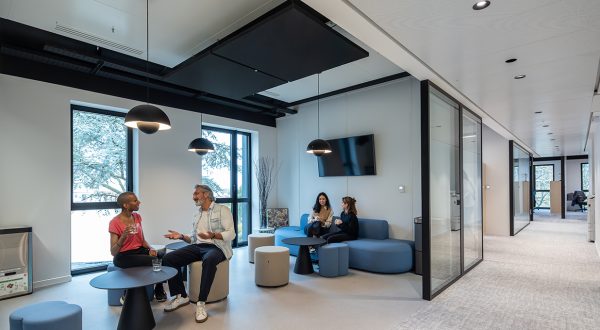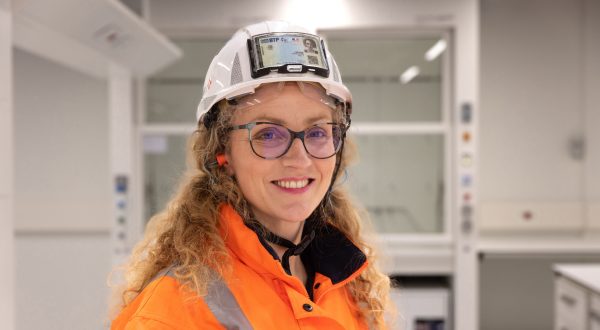The building industry, long considered conservative, is today integrating an increasing number of technological innovations. The construction and maintenance sector is therefore recruiting and training people to provide the new skills required.

BIM (Building Information Modelling) manager, low energy building technician, EPC (energy performance contract) manager, home automation specialist, space planner: from construction to maintenance, new jobs are proliferating in the building sector as it rapidly introduces digital technologies. Meanwhile, more traditional jobs – such as bricklayer, heating specialist, and electrician – are adapting to the new technologies (networks, IoT) that are now used in heating, climate control and lighting systems.
This two-track change affects both service and technical maintenance (or facility management) jobs. “Hospitality management, for example, brings the quality of service provided by the hotel industry and high-end co-working sites to companies. In 2017, to support this trend, Vinci Energies acquired Opal, a company that makes hospitality managers available to our customers and their end users,” says Philippe Conus, Director of the VINCI Facilities brand.
Digital technologies have also generated increasingly complex systems for managing buildings. BIM, for example, has given rise to new functions such as customer support in designing the operating BIM system. “In design, BIM managers rely heavily on 3D applications. In operations, there is now a very substantial focus on databases, which is new,” says David Ernest, Innovation Director at Vinci Facilities.
Three new areas of BIM expertise have been identified: BIM design and expansion; BIM administration (access rights, data integrity); and BIM maintenance (updating of features). “Saint Gobain recently introduced BIM maintenance in a call for tender,” says Philippe Conus by way of illustration.
Ad hoc training
The next step after building information modelling is smart building construction. BAS (building automation systems) and related systems that are used to run installations and infrastructure must also now include digital technologies in their processes. “BAS is looking more and more like IT,” says David Ernest. “We are getting to the point where IP (Internet Protocol) networks will be installed in buildings.” This involves digital networks and digital devices that produce data, which must then be processed and also protected, since digital technologies always entail a risk of cyberattack.
A year ago, VINCI Facilities set up a Facility Management Institute in partnership with the VINCI Energies Academy to train its technicians and engineers. The first sessions started in June 2018, and others are expected to follow soon. “We already have six facility management and building energy efficiency training programmes. In coming months, we will be adding BIM, business IT, etc.” says Philippe Conus.
Pending the effects of these training programs, there is a need to recruit trained people to handle these new jobs. This type of talent is in very high demand. Vinci Energies, which leverages its attractive and innovative employer image, has just sponsored a class at the École Supérieure des Travaux Publics-Paris (ESTP) engineering school.
13/12/2018


